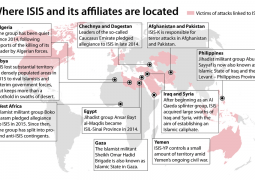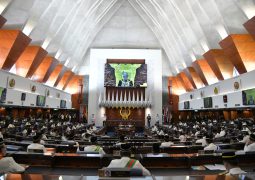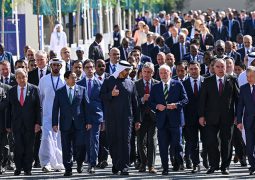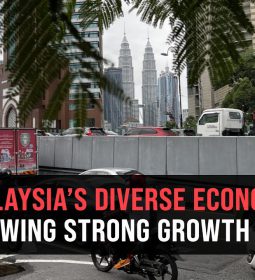Pakistani Tribal areas: Neither faith no union found. Al Jazeera

Residents of long-neglected northwestern tribal belt say incorporation into Pakistan left them in a legal and administrative vacuum.
The years between 2009 and 2014 were among the most horrifying of Asghar Khan’s life.
The gentle schoolteacher lives in Khyber, part of Pakistan’s mostly Pashtun northwestern tribal belt, a region that used to be overrun by the Tahreek-e-Taliban Pakistan (TTP).
During the TTP’s heyday in the region, Khan saw fellow teachers killed, schools destroyed and girls banned from education.
The TTP didn’t approve of Western-style education, particularly for girls, and its commanders would leave the decapitated bodies of teachers behind after an attack, a warning to others.
“When I visited my school after four years … seats were burned, records were gone, and my office looked like burned garbage,” recounts Khan, sitting in his crumbling brick house where he runs a makeshift school out of the courtyard.
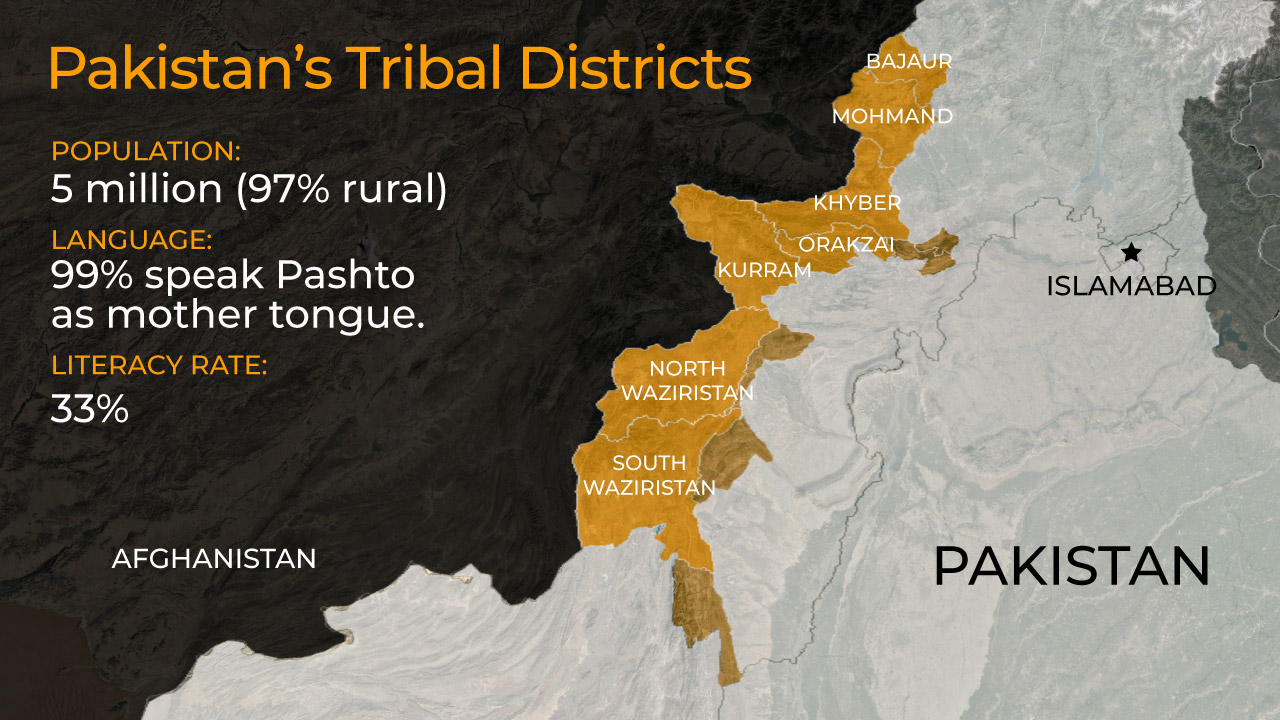
Khyber is one of seven districts previously known as Pakistan’s Federally Administered Tribal Areas (FATA), a region on the border with Afghanistan that was governed under the Frontier Crimes Regulation – not Pakistani laws – from 1947 to 2018.
Because Pakistan’s laws did not apply in FATA, and national law-enforcement agencies were not able to operate in the region, violence and armed groups were able to thrive for years.
In 2007, Pakistan launched a series of military operations to retake control of the tribal areas from TTP and groups allied to it. Thousands of armed fighters died, as did hundreds of soldiers.
In May 2018, the Pakistani government merged the tribal areas with the neighbouring Pakistani province of Khyber Pakhtunkhwa, an integration long-awaited by many who were hoping their lives would improve once they became full citizens of Pakistan.

“I haven’t seen any change since the merger. The only thing I’ve seen is fear: fear of the unknown,” Khan told Al Jazeera nearly seven months after the government merged Khyber with the province of Khyber Pakhtunkhwa.
“We are afraid that we might end up ‘finding neither faith nor union with the lover, and belonging neither here nor there’,” Khan says, reciting a famous Urdu couplet.
Al Jazeera looks into the situation in former FATA, over a year after it was merged into Pakistan, a process mired in security concerns and bureaucracy that has resulted in a legal and administrative vacuum.
The merge was meant to empower the millions who lived there but has instead left them uncertain and worried about their future.
- Previous Bangladesh court orders ‘virgin’ removed from marriage certificate
- Next In a show of forces, Russia tests its sea nuclear power



